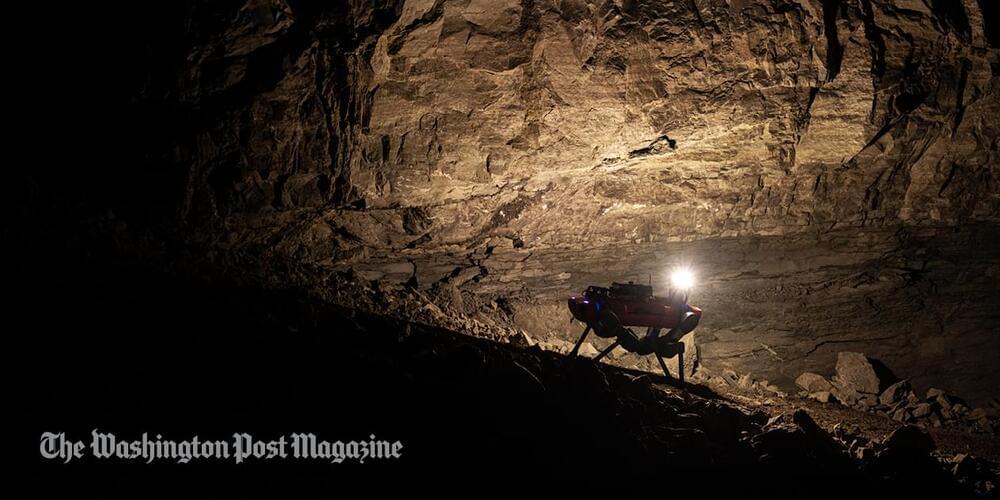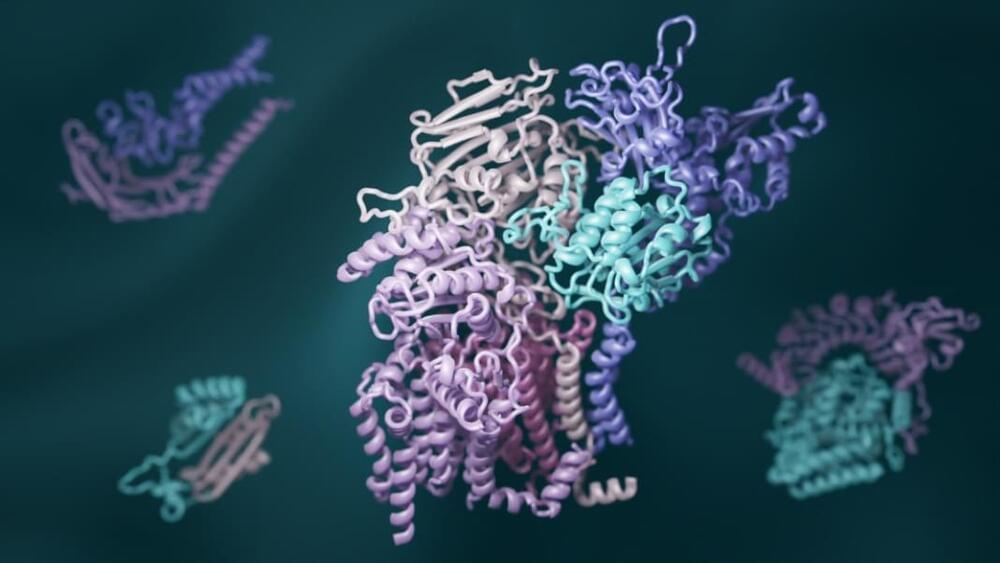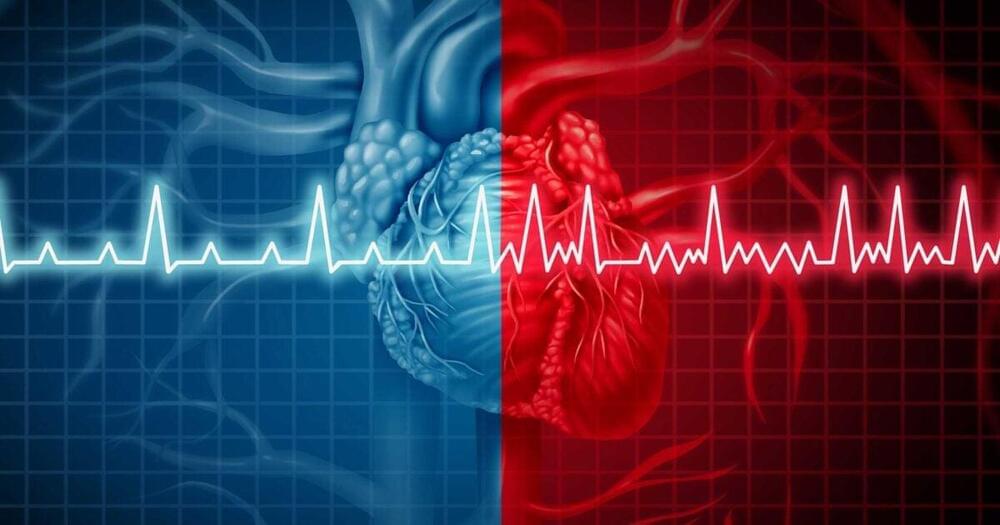The new feature is part of Google’s Business Messages, a conversational messaging service that allows organizations to connect with people via Google Search, Google Maps, or their own business channels. For instance, Albertsons used Business Messages to share information with customers about vaccine administration. Suppose someone searched on Google for Safeway (an Albertson’s company). In that case, they could use the “message” button on Google Search to receive information like vaccine availability and how to book an appointment.
The new Bot-in-a-Box feature lets businesses launch a chatbot with an existing customer FAQ document, whether it’s from a web page or an internal document, to keep the service simple. The feature uses Google’s Dialogflow technology to create chatbots that can automatically understand and respond to customer questions without writing any code.






